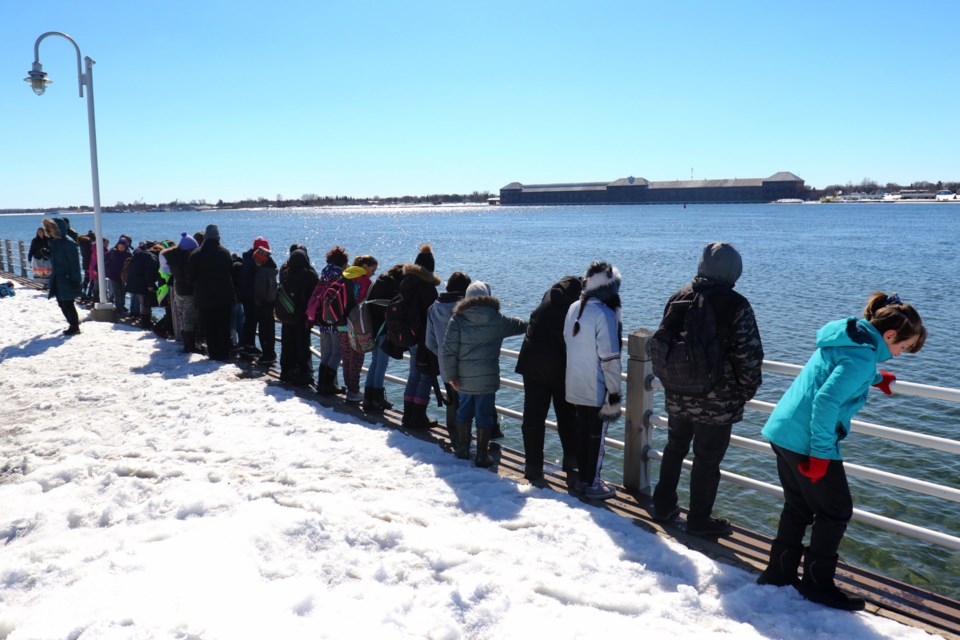Today is World Water Day, a global event to celebrate water and raise awareness of the two billion people living without access to safe water.
Water is necessary for human survival, but for Indigenous communities it also holds spiritual and cultural significance. It is a living spirit, sacred to Indigenous peoples because it gives life and is used in many ceremonies. Indigenous women have traditional and inherent roles as water carriers and protectors of traditional lands and waterways.
In my role as CEO of the Ontario Native Women’s Association (ONWA), I hear from and uplift the voices of more than 30 Indigenous women’s organizations and the countless community members we serve and represent. As an Indigenous woman, I understand that to make real systemic change and ensure Indigenous women’s safety, we will always begin with water, land, and ceremony: that as stewards of their lands and waterways, we are at the forefront of action. The right to safety for water protectors must be ensured at all levels of government, whether local, territorial, national, or international.
When I think about the strong Indigenous women taking up their roles as water protectors, Judy Da Silva always comes to mind. Judy is an incredible leader in community, a water and land activist from Grassy Narrows First Nation in Northwestern Ontario whose work is grounded in Indigenous women’s ways of knowing and being and is internationally recognized for her advocacy and action. Judy leads with strength as she advocates and reminds the world of the mercury poisoning from logging that is impacting the safety of her community.
This World Water Day’s theme ‘Water for Peace’ focuses on the critical role water plays in the stability and prosperity of the world. We understand water to be inextricably linked to Indigenous women’s safety, wellness, and leadership. Throughout all of history Indigenous women have cared for the environment and Mother Earth because we know that when she is safe, well and at peace, so too are we. Our teachings show us that we are part of the environment and world around us, not separate from it. We must restore harmony and live in balance with Mother Earth because we are all related, we are all responsible for caring for her. Just as our ancestors ensured that our lands and waters were cared for, we must ensure that we care for and restore balance with Mother Earth for us and also for our grandchildren’s grandchildren.
Indigenous women lead differently. We lead from the heart. We lead from a community perspective, imbedding cultural understandings and Indigenous worldviews from the ground up.
As Canada’s oldest and largest Indigenous women’s organization, we at ONWA understand that to be a national and international leader is to encourage peace in the world. Our organization is grounded in ensuring Indigenous women’s safety, which we understand to be tied to the safety of Mother Earth. We strive to protect Indigenous women’s safety and the safety of Mother Earth through our advocacy, programming, leadership in community, policy, and research. In doing so, we will demonstrate the strength of our culture and continue the healing and wellness that ceremony and land and water-based practices bring.
I urge you to reflect on the state of water and the role it plays in your life. We must take action to make a difference no matter how small to take up our responsibilities as Water Protectors, and to restore peace and balance with Mother Earth.
Cora McGuire-Cyrette is CEO of the Ontario Native Women’s Association
